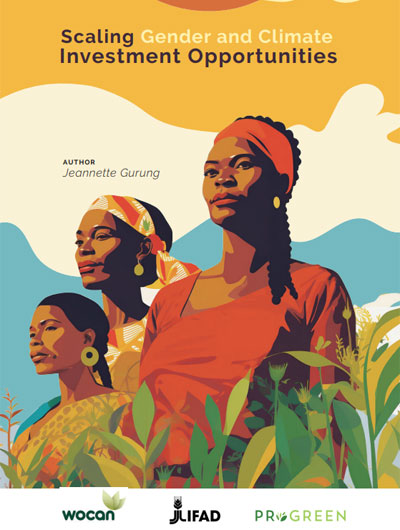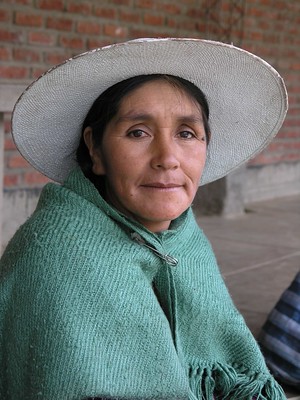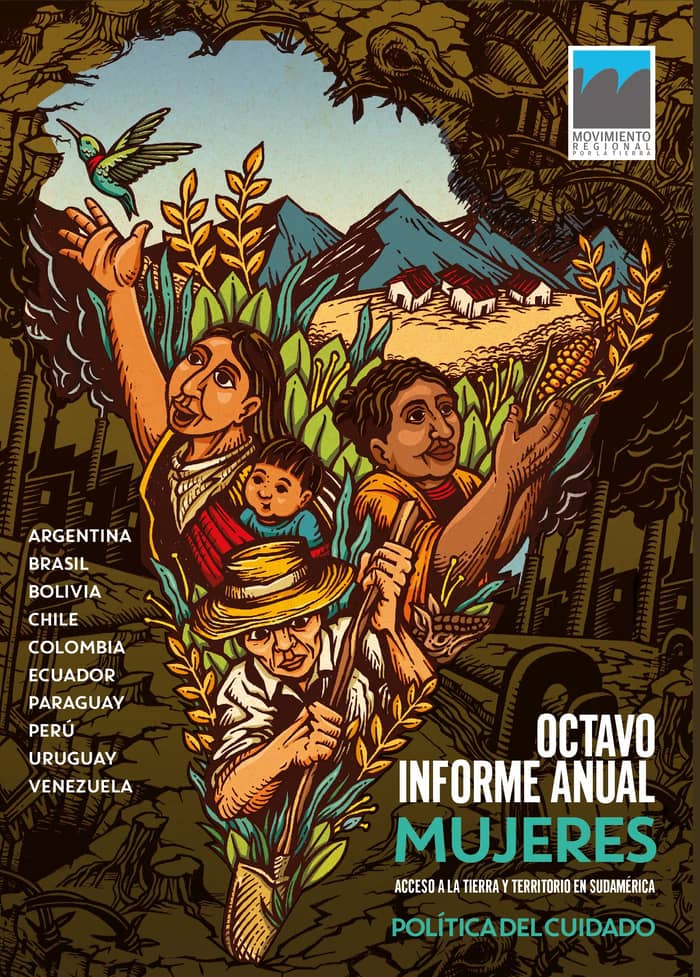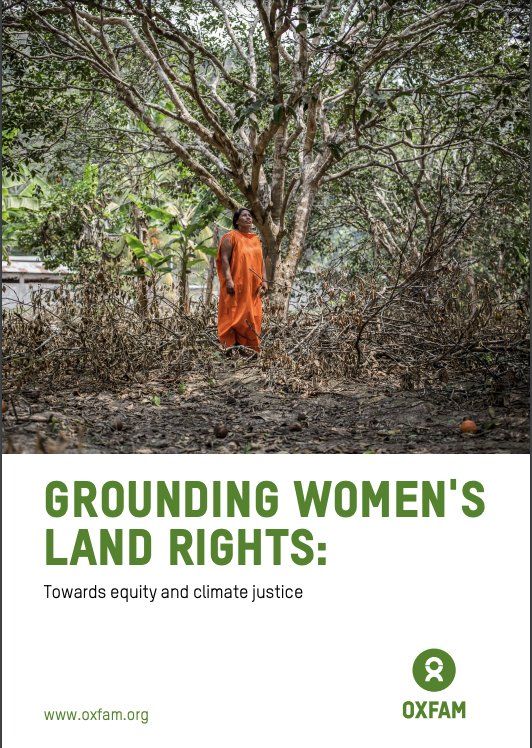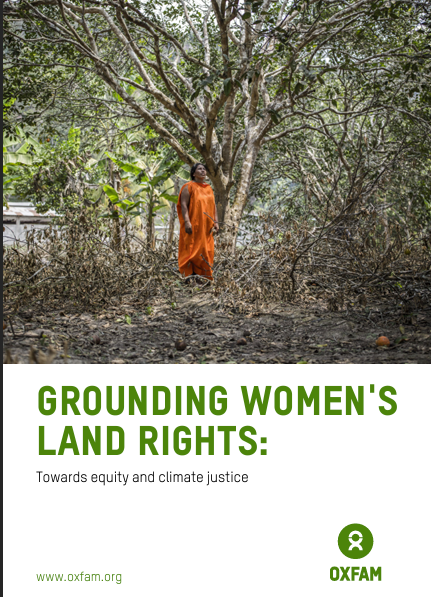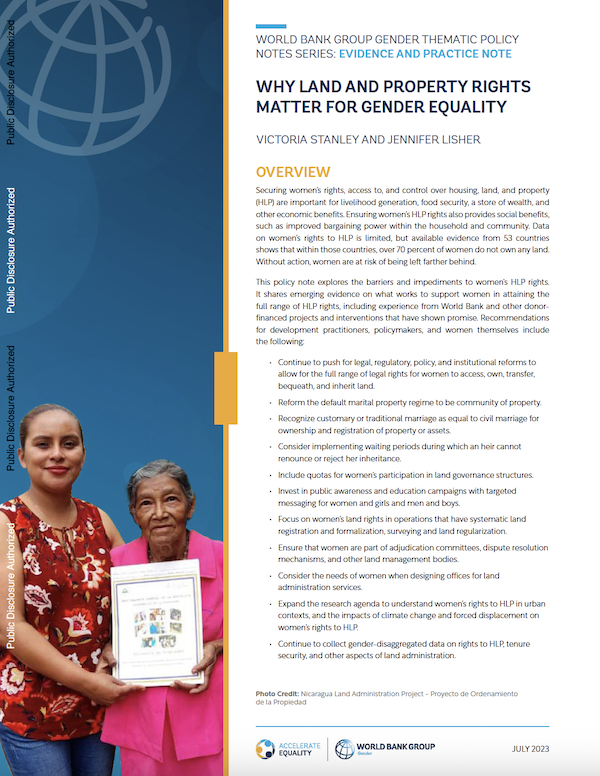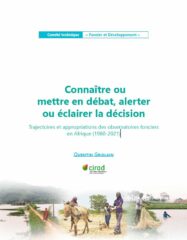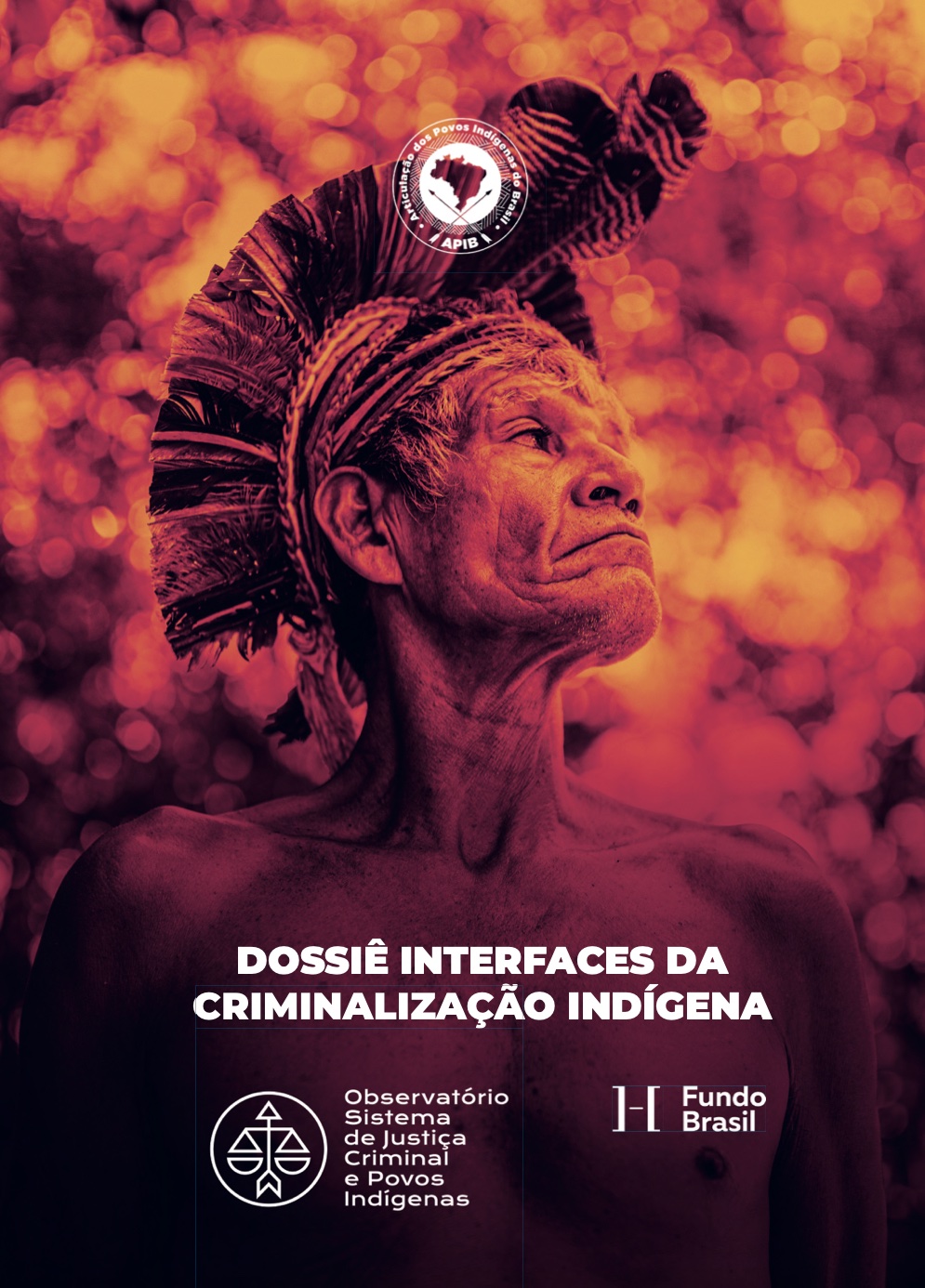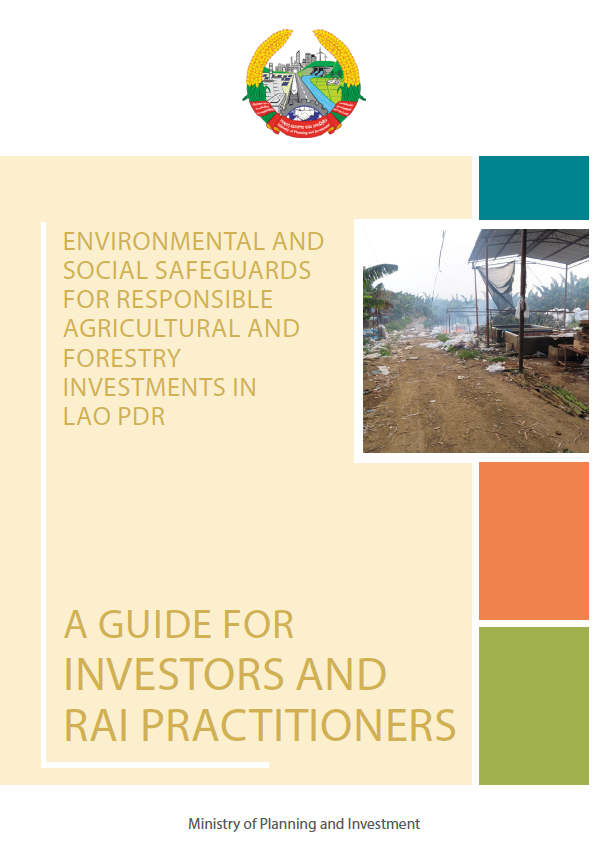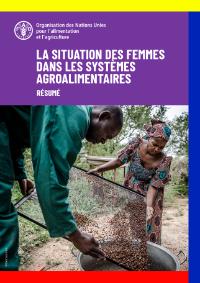Multiplier les possibilités d'investissement en faveur de l'égalité femmes-hommes et de l'action climatique
Les femmes jouent un rôle essentiel dans la lutte contre les changements climatiques. Les auteurs de cette étude montrent qu’investir en faveur des femmes rurales contribue à la réalisation des objectifs climatiques, tout en luttant contre les inégalités femmes-hommes et la pauvreté. Les projets et les politiques liés aux changements climatiques qui associent les femmes obtiennent de meilleurs résultats sur le plan de l’environnement.

